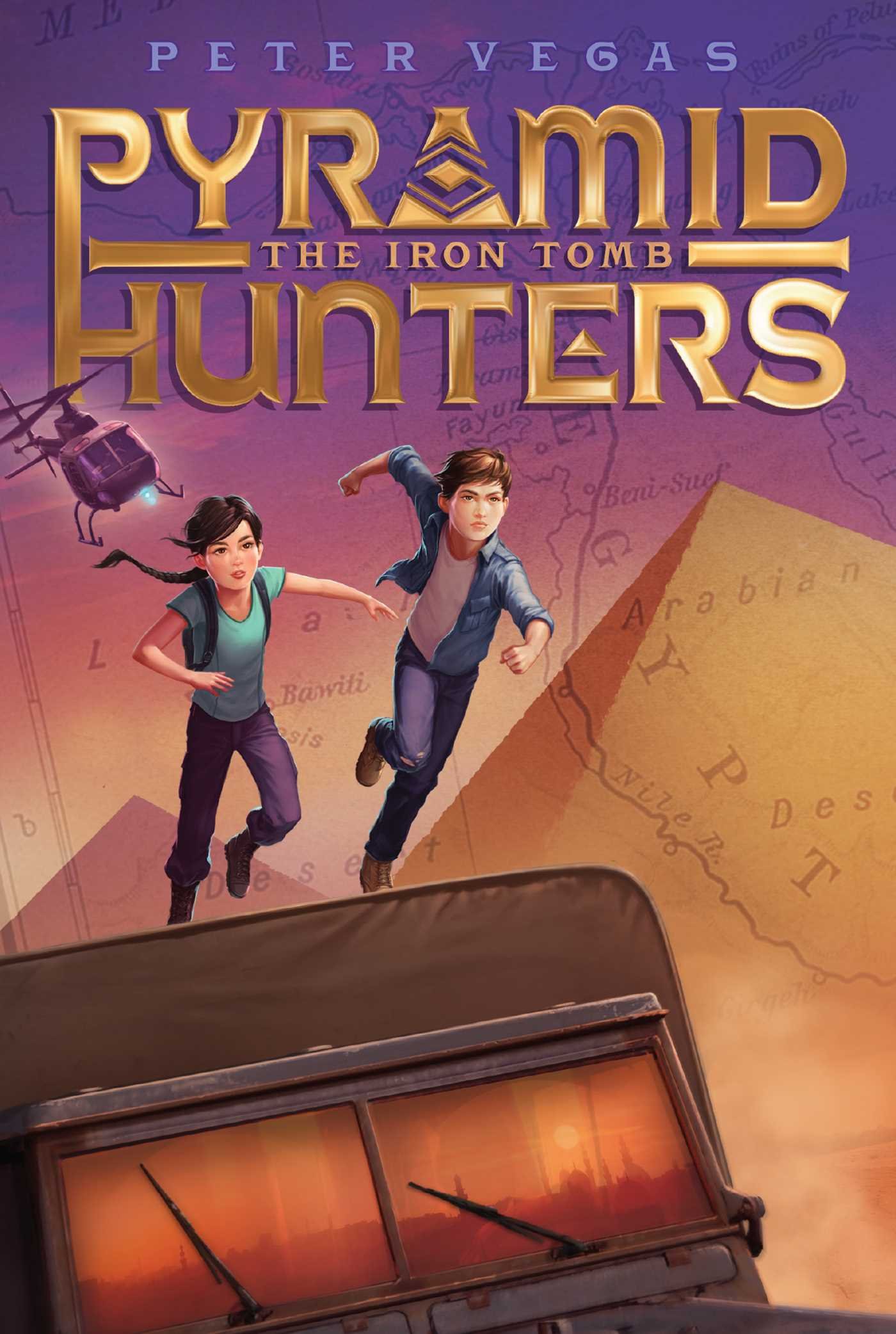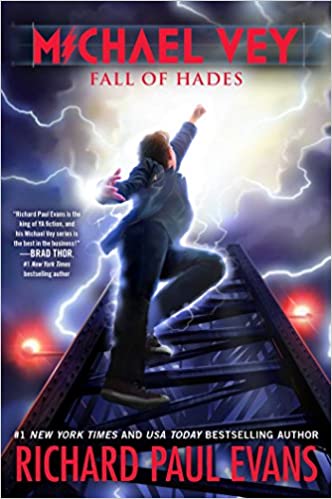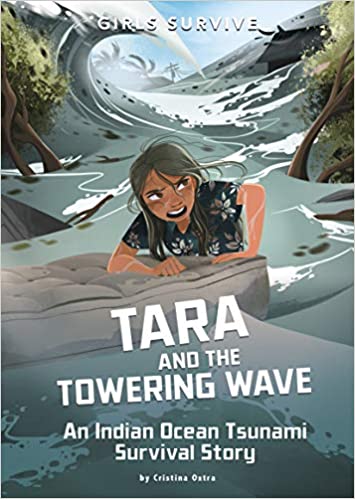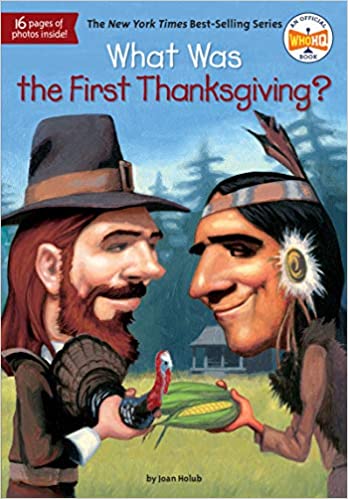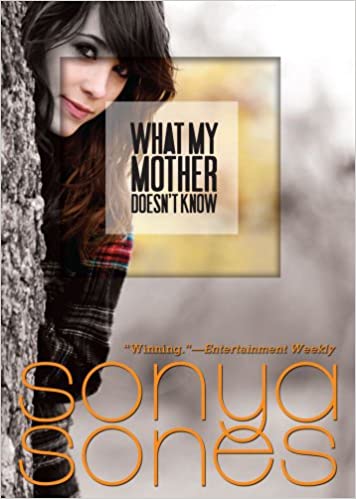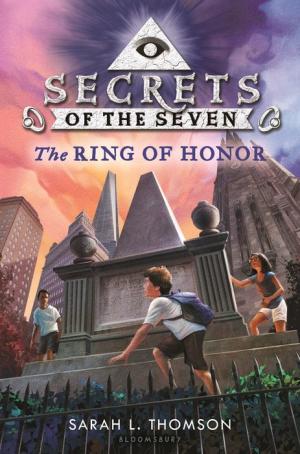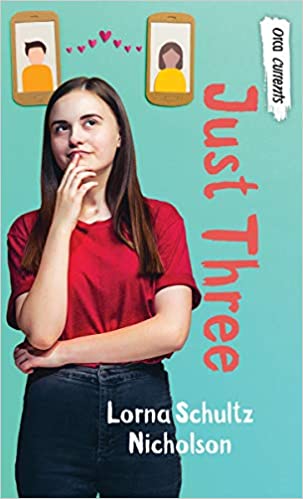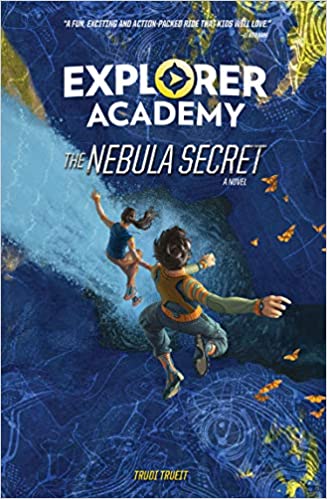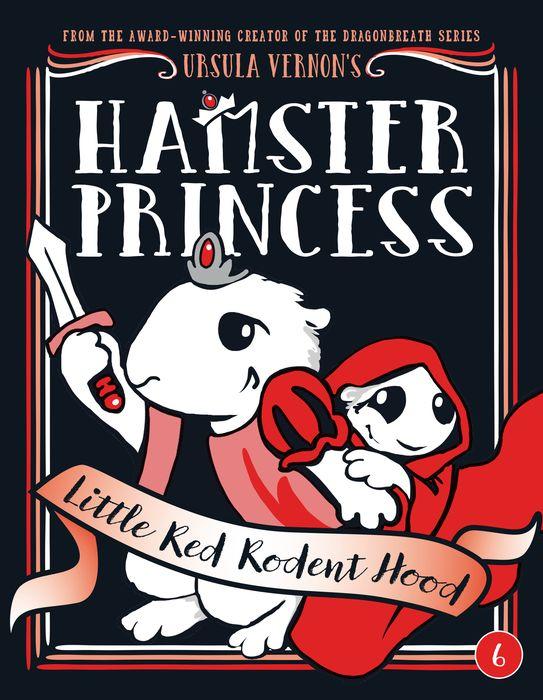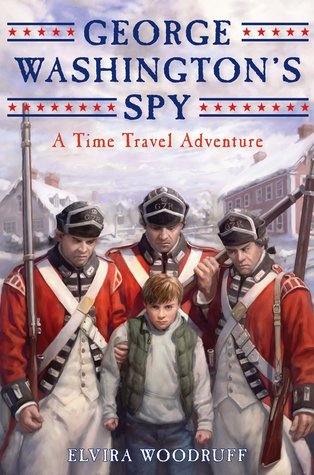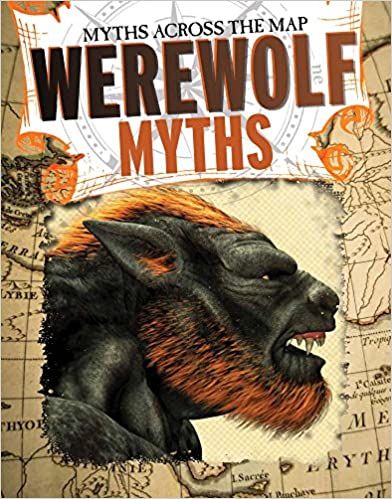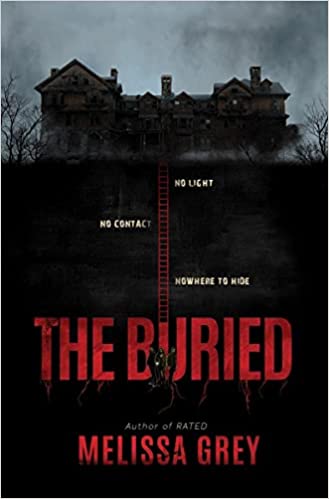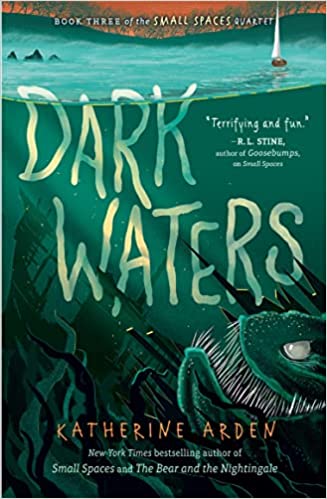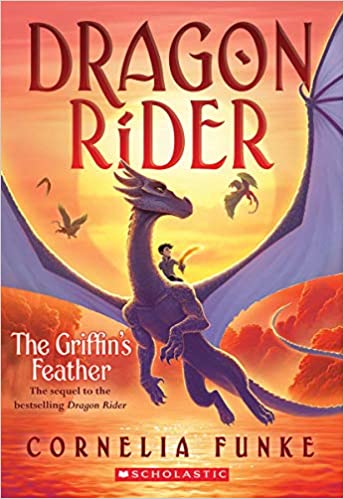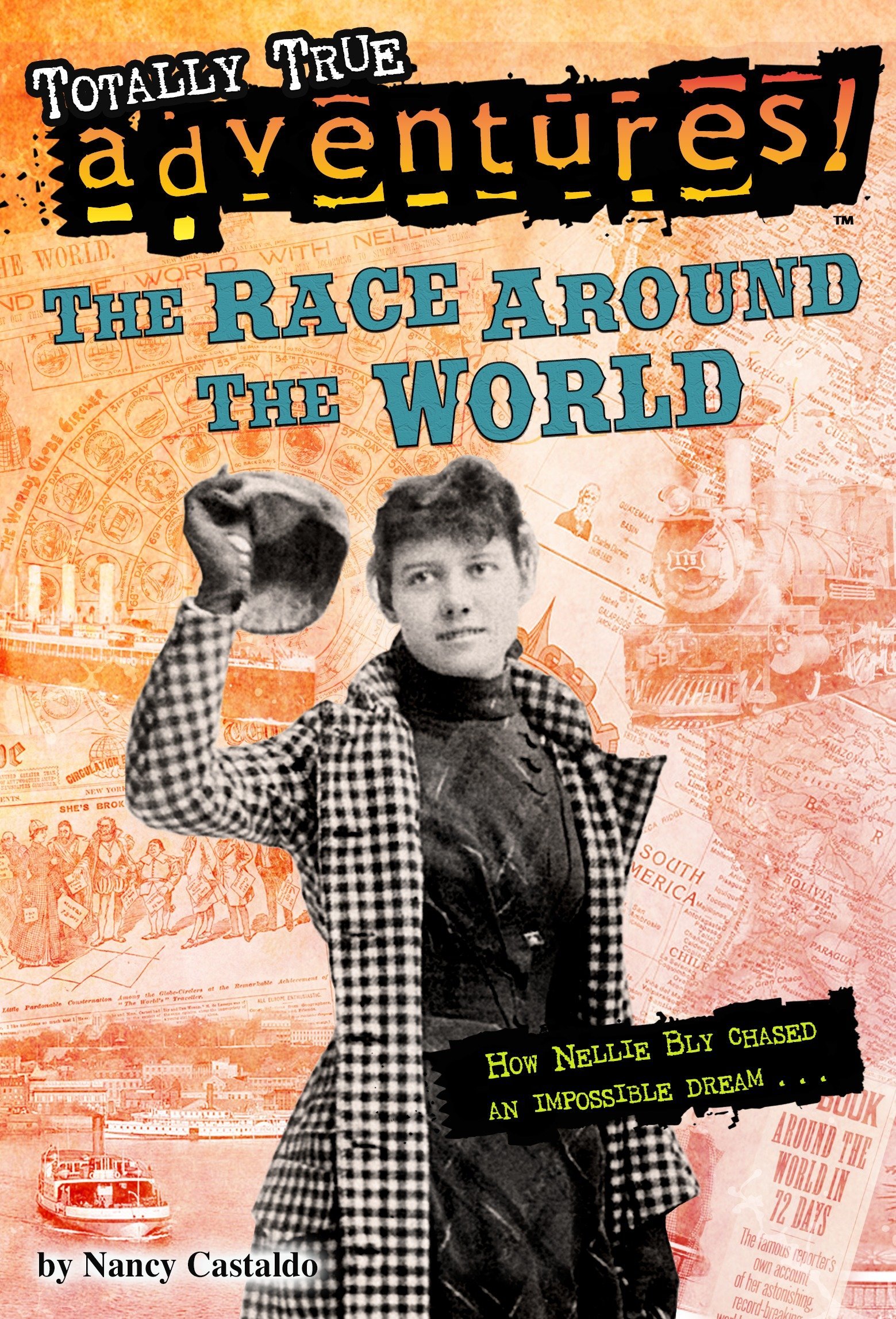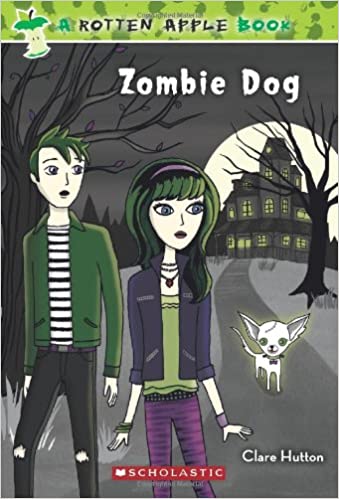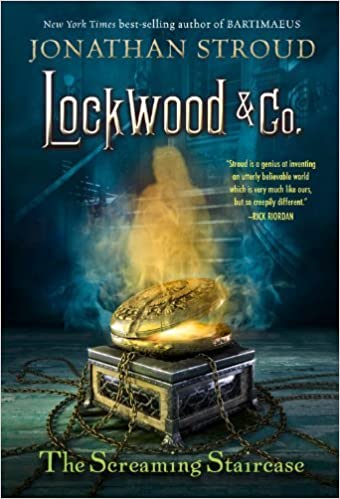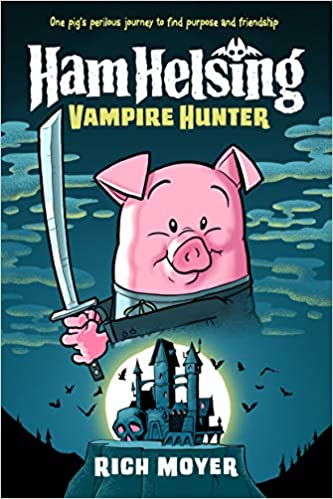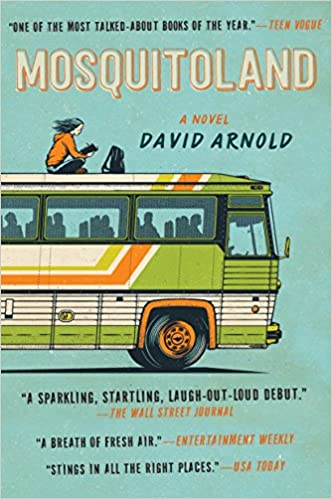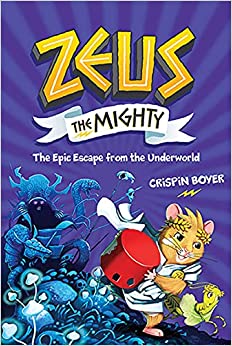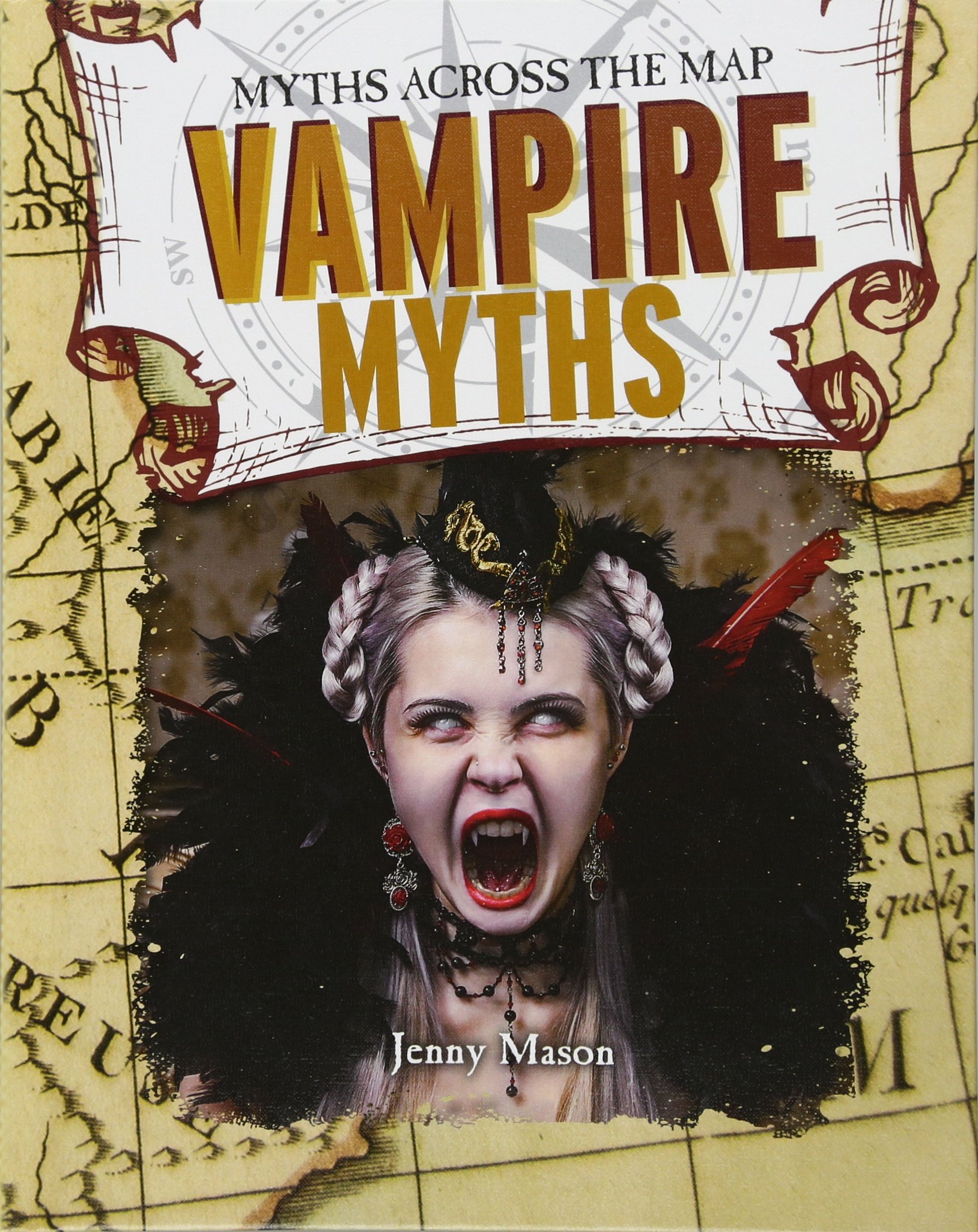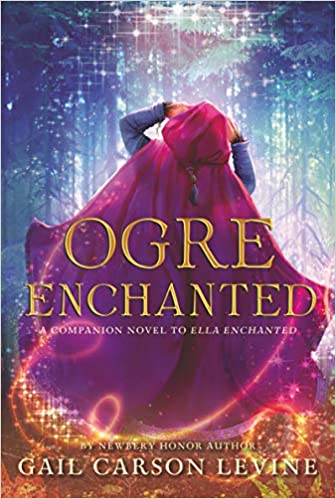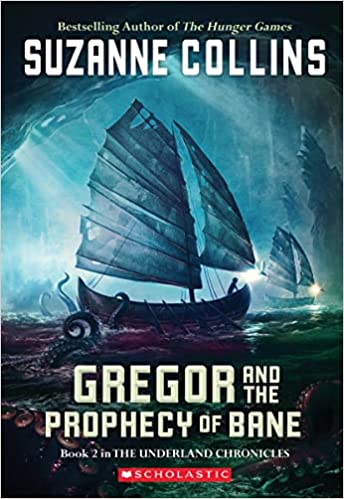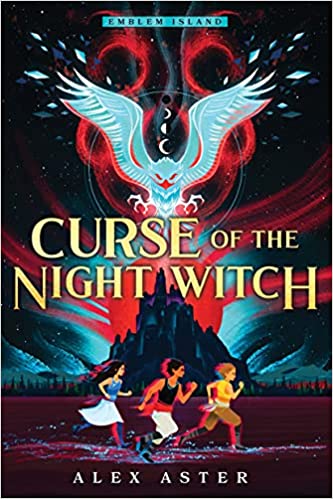When Sam Force goes to Egypt to spend the summer with his Uncle Jasper, he is ready for the usual vacation filled with museums and lessons about pharaohs and ancient gods. Instead, Sam arrives at the airport and learns that his uncle is missing and wanted by the police.
After narrowly escaping his own arrest, Sam sets off to find his uncle using a series of clues that Jasper left behind. But a group of mysterious men is hot on his trail, and Sam knows they’re willing to do whatever it takes to track down Jasper and whatever he was looking for.
Now all Sam has to do is find him first.
With the help of his new friends, Hadi and Mary, and using knowledge of ancient Egyptian history, Sam makes his way across Egypt determined to find his uncle. And if he does find Jasper before it’s too late, he may also uncover the secret of the Iron Tomb. . . a secret that could change Sam’s life forever.
The Iron Tomb starts off with instant suspense as Sam gets to Egypt and is forced to hide from the police. Since Sam doesn’t know anyone from Egypt, except for his uncle, he must rely on Hadi and Mary, two teens he just met. Despite just meeting them, Sam puts his full trust in them which is unrealistic considering their unusual behavior. For example, Sam is riding in the back of a delivery truck and the police are hot on his trail. Mary suddenly calls and tells Sam to move to the truck’s roof. Then, Mary and her ‘handler,’ fly over the truck in a helicopter and save Sam. Despite this, Sam doesn’t question Mary’s motives until he overhears a phone conversation where Mary reveals that she is sure Sam can lead them to his Uncle Jasper.
Even though many of the events are unrealistic, middle-grade readers will enjoy the non-stop action and unexpected twists. Learning about Egyptian history is a bonus. Black and white pictures are scattered throughout the book. The illustrations show maps and clues, and help readers picture some of the complicated plot points. Readers who enjoy ciphers and deciphering clues will enjoy trying to solve the mystery along with Sam.
Even though The Iron Tomb focuses on the mystery of Jasper’s disappearance, the book doesn’t shy away from bloody violence. For example, when Sam is going through the sewers, two men dump a body into the water and a hoard of rats begins feasting on the corpse. The scene is graphic, bloody, and doesn’t advance the plot. In addition, one man kills another, then drinks his blood in order to survive. The graphic descriptions of violence will upset some readers.
Despite the book’s flaws, readers eager for a dangerous adventure with plenty of surprises will find The Iron Tomb an entertaining read. While Sam is too trusting, he is also a smart, determined boy who doesn’t give up. Sam’s bravery and determination can be admired even though he often makes mistakes. Even though The Iron Tomb solves the mystery of Jasper’s disappearance, the conclusion clearly sets up another mystery that will take Sam to Belize in the second book of the series, Bones of the Sun God. Readers who want to learn more about Egyptian history should trek to the library and also grab a copy of The Curse of King Tut’s Mummy by Kathleen Weidner Zoehfeld. Readers who are up for more action-packed adventure should also read Charlie Thorne and the Curse of Cleopatra by Stuart Gibbs and Addison Cooke and the Treasure of the Incas by Jonathan W. Stokes.
Sexual Content
- None
Violence
- Five years prior to the book, Sam’s parents were murdered “in a hotel room robbery.”
- While in his uncle’s apartment, a man grabs Sam. “A thick woolen sweater snaked itself around his chest and wrenched him away from the sink. Sam cried out in surprise as he was pulled back against the body of a large man.” Sam is able to escape.
- A man with short hair is following Sam, who tries to hide in a store. When the man finds him, Sam throws jars of olives at him. “The Short-Haired Man laughed as the first one smashed near his boots. . . But the laughing stopped when the second bottle of olives exploded on the wall, showering Sam’s target with olives and shards of glass.” In order to escape, Sam pushes a shelf unit onto the man. “The ceiling-high wall of goods crashed on top of him. . . Sam could hear the man screaming and cursing.” The scene is described over two and a half pages.
- To escape the Short-Haired Man, Sam goes into the sewers where a “furry mass” of rats follows him. Sam shoots a rat and then “tiny fangs flashed in the light as the mob attacks their wounded comrade.”
- When Sam is in the sewer, someone throws a body into the water. “Sam watched with sick fascination as the rats went to work on their floating buffet.”
- One of the men who disposed of the body goes into the water after the man’s wallet. “Using the flashlight as a club, he belted the rats out of the way, grabbed the wallet, and waved it triumphantly. . . The wallet was covered in so much blood it looked like it had been pulled out of the victim’s chest. . .The blood dribbled down the man’s arm as he held his prize in the air.”
- When the rats attack the man with the wallet, he “howled and swatted one of his attackers with his flashlight. . .Rats began launching themselves at the terrified Egyptian, who dropped the wallet and began swatting rats. . .” The rat scene is described over two pages.
- When Sam tries to escape the sewer, the killers go after him. Sam throws his flashlight at the men. “The thud of metal on flesh triggered a stream of harshly spoken Egyptian, but the figure kept climbing. . .” The man grabs Sam, but Sam is able to escape.
- Sam, Bassem, and Mary try to escape two men on motorcycles. “Bassem took one step back and flicked the rod up like a samurai presenting his sword to his opponent. As the first bike came toward him, he swung down and across in one smooth, vicious motion that caught the rider in the middle of his chest.” The man crashes to the ground. Sam and his companions flee.
- The other biker continues to follow Sam and his companions, who hide in an open-air market. When the biker is in the middle of the crowd, Bassem throws smoke bombs into the crowd. “Chaos had exploded in the square. High-pitched shrieks from goats, donkeys, and men combined. It was like a bomb going off on Noah’s Ark.” Sam and his companions escape into the desert.
- When Sam finds his Uncle Jasper, Jasper looks like a “lifeless, blood-splattered body.” At first, Sam thinks Uncle Jasper is dead, but later Sam finds out the blood was from Jasper’s bloody nose.
- The Short-Haired Man slaps Sam. “The lighting-fast slap across the face sounded like a snapping stick in the confines of the dining room. His vision clouded; his eyes watered.” Later, the man slaps Hadi, a boy who works for him. “Hadi eyed his attacker through blood-covered fingers as he tried to stem the gush coming from the pulpy mess that had been his nose.”
- In an effort to kill Sam and Uncle Jasper, the Short-Haired Man causes an explosion that leaves Sam and Uncle Jasper buried underground.
- Sam finds a letter about how two men—Jason and Thomas—were trapped in a boat that got caught in a storm and buried by sand. The two men fight, and Jason “drove the wooden stake into the jugular vein and watched as his life force spilled out of him. . . A rich red pool, creeping out from his body across the floor. . .” Later, the man confesses that he “fed upon another” and drank the dying man’s blood.
- The Short-Haired Man plans to kill Hadi because Hadi knows too much. The man “straightened his arm and took aim at the back of Hadi’s head. The boy’s whimpering died away. . .” Sam distracts the man and saves Hadi’s life.
- Sam tries to shoot the Short-Haired Man with an old flare gun. The man mocks him and pulls the trigger several times. When the flare gun doesn’t go off, the man puts the gun in his pants. Then, “Thick and white, the smoke belched from the Short-Haired Man’s jacket, and he began to scream. . . Fat red tongues of flame signaled the second stage of an explosion that was meant to happen hundreds of feet up in the air. The Short-Haired Man was transformed into a fiery ball of flailing arms and legs. . .” The man falls into a shaft.
- The Short Haired Man climbs up the shaft, and grabs onto Sam’s ankle. Sam sees “five bloody, burn-ravaged fingers were locked around his ankle . . . hovering in the white smoke coming out of the shaft, was barely recognizable as human—a burnt and swollen head coated in sand made wet by the weeping skin.” Eventually, the man falls into the shaft and is buried by sand.
Drugs and Alcohol
- After breaking his ribs, Sam is given an “injection” to dull the pain.
Language
- Pissed off is used twice.
- The Short-Haired Man calls Hadi “a sewer rat working for money.”
Supernatural
- Sam is given a scarab beetle necklace because “it is good luck and will keep us safe.”
Spiritual Content
- Akhenaten was named “the heretic king because he banned the worship of all the gods and decreed there would be only one. Aten, the sun god.”
